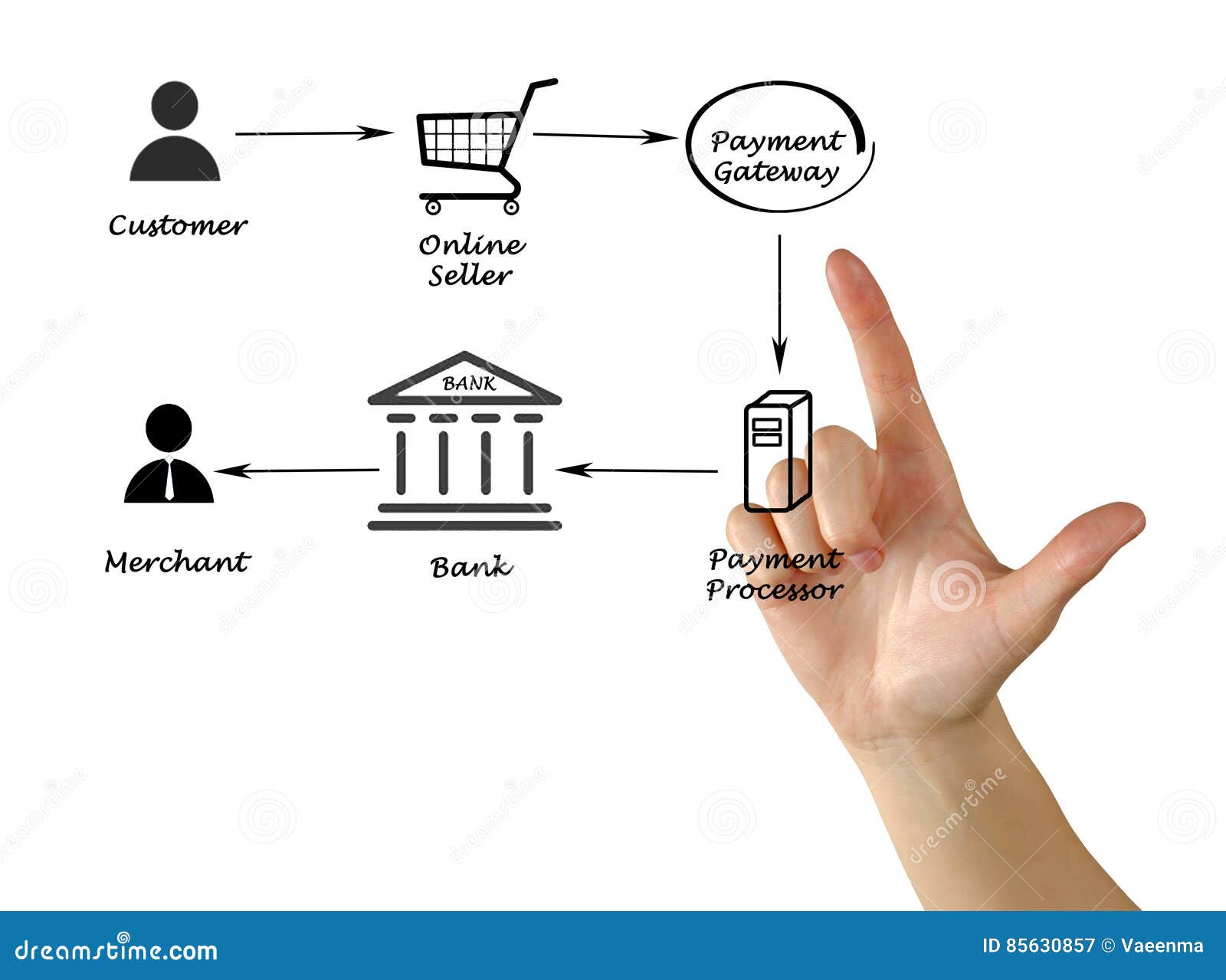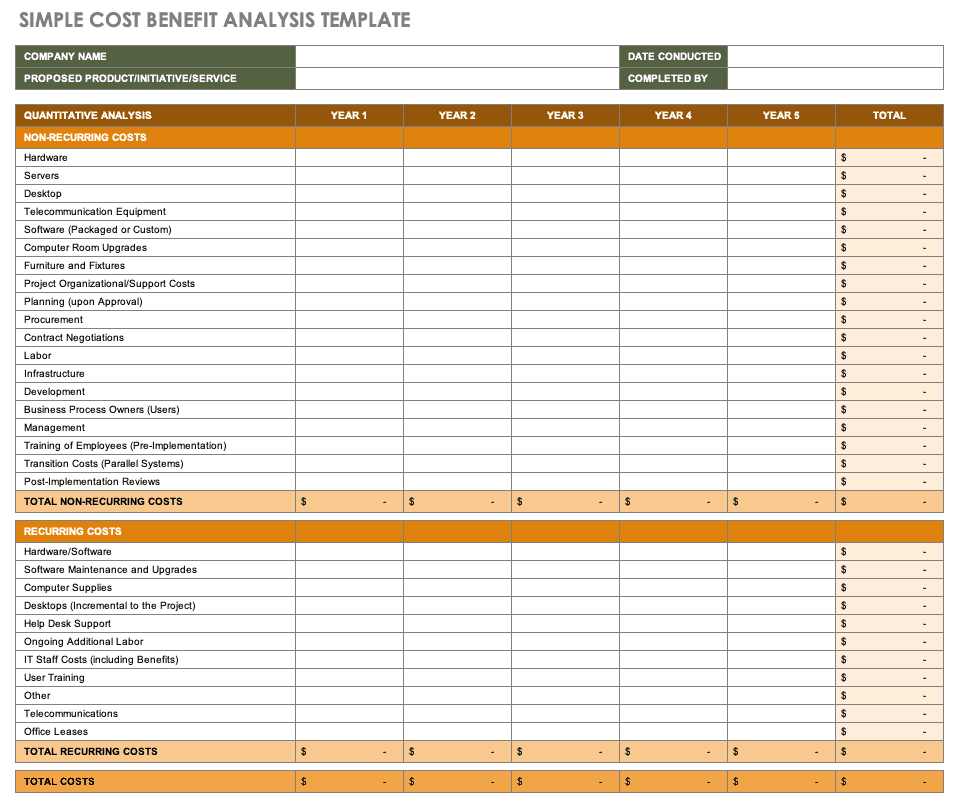
Adyen's whole pitch is "transparent pricing." That $0.13 + 0.60% sounds simple enough. But here's what they don't tell you during the sales call.
Three Fees That Stack Up Fast
Processing Fee ($0.13 per transaction): This hits every single transaction, including refunds. When a customer returns a $10 item, you pay $0.26 total - once for the original sale, once for processing the refund. For our subscription business with high trial-to-paid conversion testing, this adds up to around $300/month just for people who cancel.
Interchange Fees: These come from Visa/Mastercard, not Adyen. In the US, consumer cards run 1.5-2.2%, but business and rewards cards hit 2.7-3.2%. Since we sell B2B software, about 60% of our transactions use business cards. That "1.8% average" from their calculator becomes 2.4% in reality.
Adyen's Markup (0.60% minimum): This is where it gets expensive. Business cards get charged 0.85%. International cards get dinged with currency conversion on top. Cross-border transactions from our European customers end up costing 3.1% total.
Real Numbers From Our Account
We process about $85K monthly, mostly B2B transactions. A typical $500 payment costs:
- Processing: $0.13
- Interchange: $13.50 (business card)
- Adyen markup: $4.25 (0.85%)
- Total: $17.88 (3.58%)
Their pricing calculator estimated 2.1% for this same transaction.
European Pricing Games
European interchange is regulated at 0.3% for consumer cards, which sounds great. But Adyen compensates by charging 0.75% markup instead of 0.60%. Our Amsterdam office ends up paying similar rates to the US once you factor in their higher processing fees for SEPA and other local methods.
Payment Method Complexity
Supporting 50+ payment methods means 50+ different fee structures. iDEAL costs €0.22 flat fee but takes 3 business days to settle - learned that the hard way when our cash flow projections were off by a week. SEPA Direct Debit is cheaper per transaction but chargebacks take 8 weeks to resolve and cost €25 each.
We enabled Klarna thinking it would boost conversions. The 4.29% fee is brutal, but worse - our fraud rates jumped from 0.3% to 1.1% because anyone can checkout with zero verification. Had to disable it after two months.

